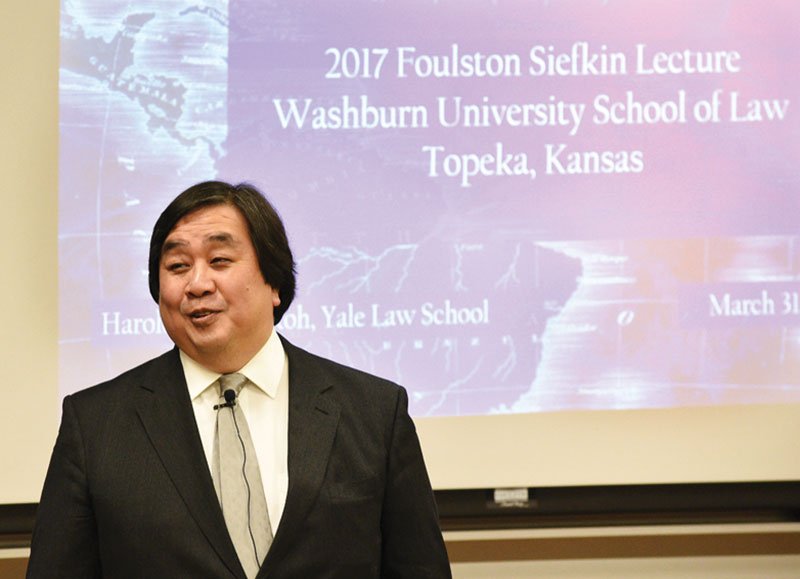(Published in Opinio Juris, Feb. 26, 2018).
 This post will bring to a close the formal part of the virtual symposium on Harold Koh’s recent article The Trump Administration and International Law. As moderator, I would like to begin by thanking all those who contributed (including a couple of announced contributors who we unfortunately lost along the way to illness and crises). I think that each of the essays has raised interesting and important questions and issues. In closing, I would like to try to explore the common themes raised in the essays, and suggest that they all relate to a potential paradox in transnational legal process, and a weakness in its utility as a counter-strategy, that Harold may want to address as he expands the article into a book.
This post will bring to a close the formal part of the virtual symposium on Harold Koh’s recent article The Trump Administration and International Law. As moderator, I would like to begin by thanking all those who contributed (including a couple of announced contributors who we unfortunately lost along the way to illness and crises). I think that each of the essays has raised interesting and important questions and issues. In closing, I would like to try to explore the common themes raised in the essays, and suggest that they all relate to a potential paradox in transnational legal process, and a weakness in its utility as a counter-strategy, that Harold may want to address as he expands the article into a book.
Recap
To briefly re-cap the symposium, Harold’s article argued that actors inside and outside of the U.S. government are, and should be, leveraging the features of transnational legal process as a counterstrategy aimed at preventing the Trump Administration from disrupting international law and postwar Kantian global order. There was general agreement with Harold’s analysis and criticism of the Trump Administration, and the threats it poses for international law and its institutions. And all applauded the effort to find ways to meet those threats. But each offered insights and critiques regarding different aspects of Harold’s account of transnational legal process, and its utility as a counter-strategy against threat Trump poses.
